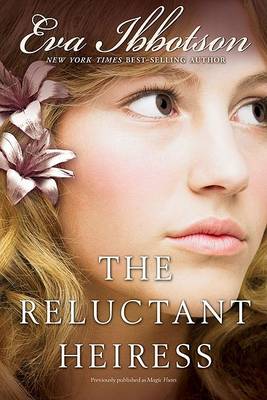Reviewed by ladygrey on
But mostly, I had a hard time because it's written with a certain cold detachment to the characters. Which, I guess, stylistically fits with the English culture it's trying to evoke in some ways, but practically makes it difficult to really engage with the characters or the story. It's too withdrawn and too dry, despite whatever backstory is given for even the secondary and tertiary characters.
But eventually, I didn't notice that so much. Maybe the strawberries are where it soften and became accessible and engaging. Maybe before that. But the characters did develop quite well and I was rather invested enough in them, despite how nearly obvious the plot progressed. I didn't mind that, because, having read Ibbotson before I wasn't expecting to be surprised. And the romance, actually, was quite wonderful, with the way things were said and left unsaid. There wasn't a single line that was brilliant, and I sort of wanted one to encapsulate the delightful allusions to mysticism and wonder that work so well in this story.
Reading updates
- Started reading
- 30 August, 2011: Finished reading
- 30 August, 2011: Reviewed
